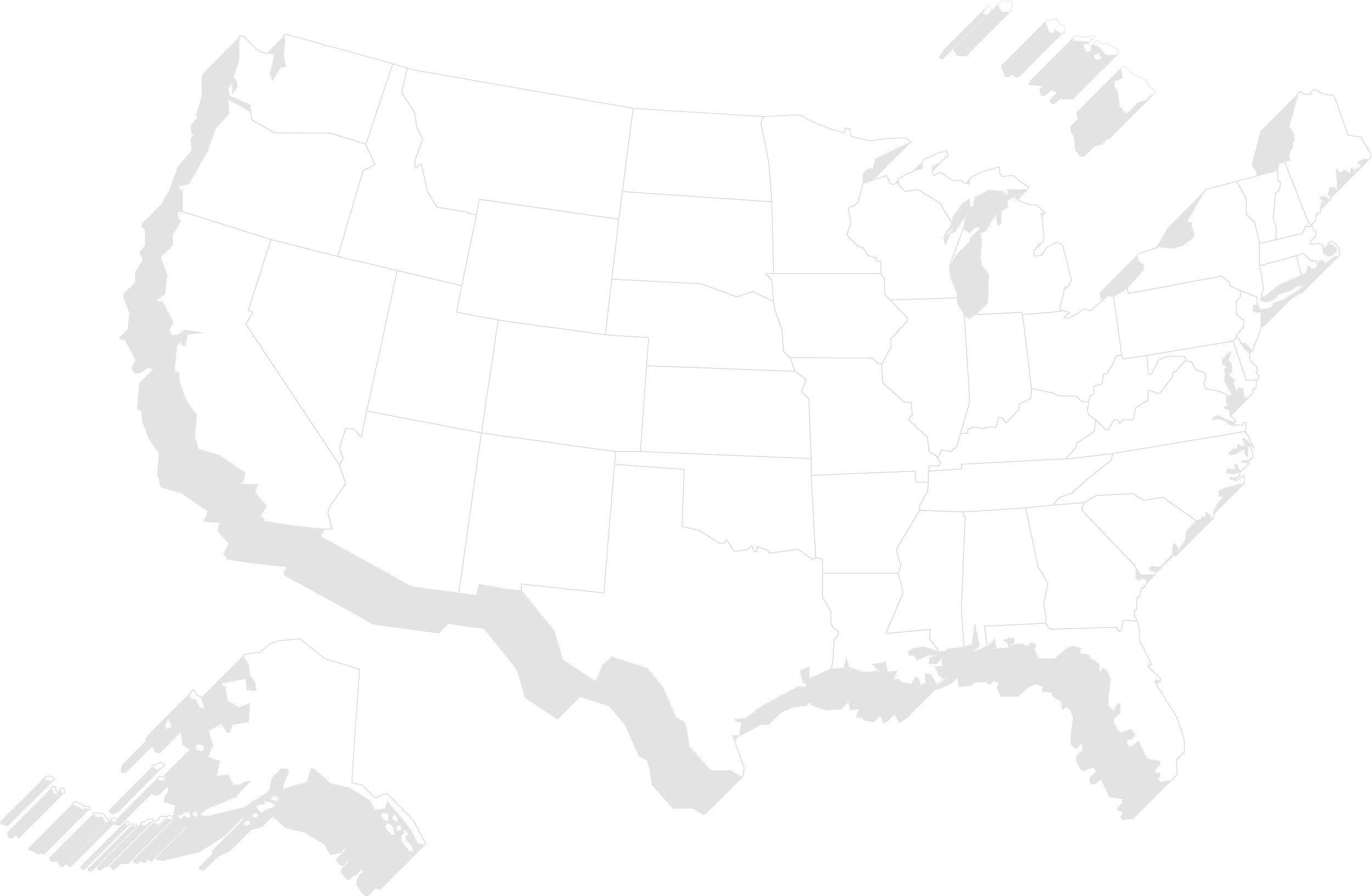
ECWA THEME 2025
“You will seek me and find me, when you seek me with all your heart.”
Jeremiah 29:13
We exist to glorify God
ECWA exists to glorify God by reaching out to humanity through evangelism, discipleship, church planting, and social services.

SERVING GOD IN THE USA
ECWA exists in the United States of America to spread the message of the Goodnews of Jesus Christ.
Georgia
.
Texas
.
Illinois
.
Kentucky
.
Maryland
.
New York
.
Georgia . Texas . Illinois . Kentucky . Maryland . New York .

DOXA
Doxa Magazine is the Christian Quarterly of ECWA USA. It features stories, news, action items, information, and advice on various matters concerning Christians daily.


